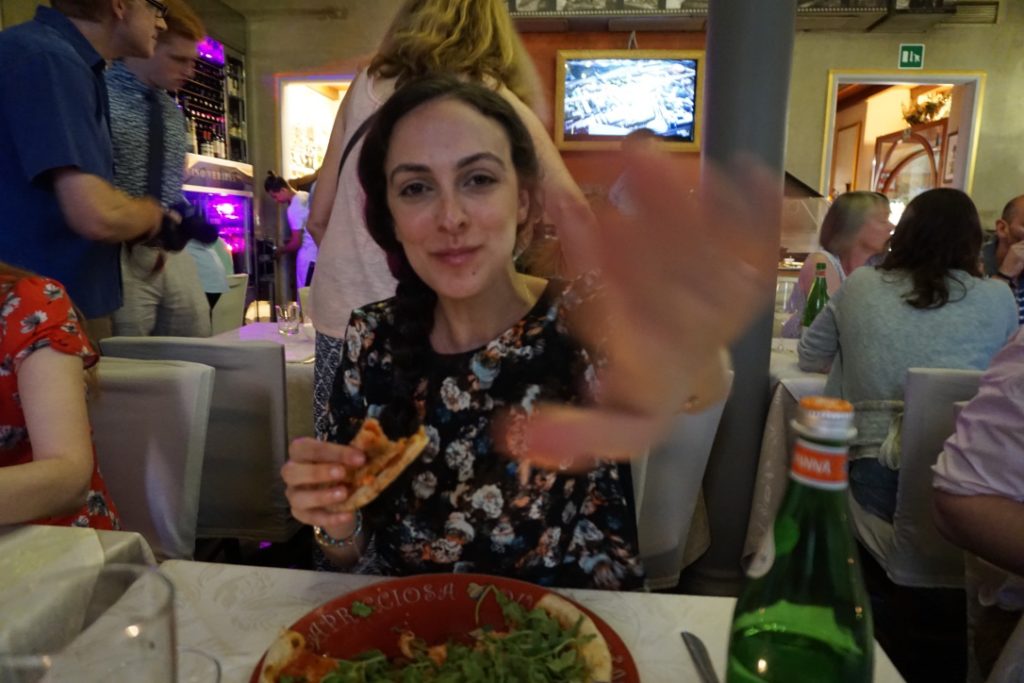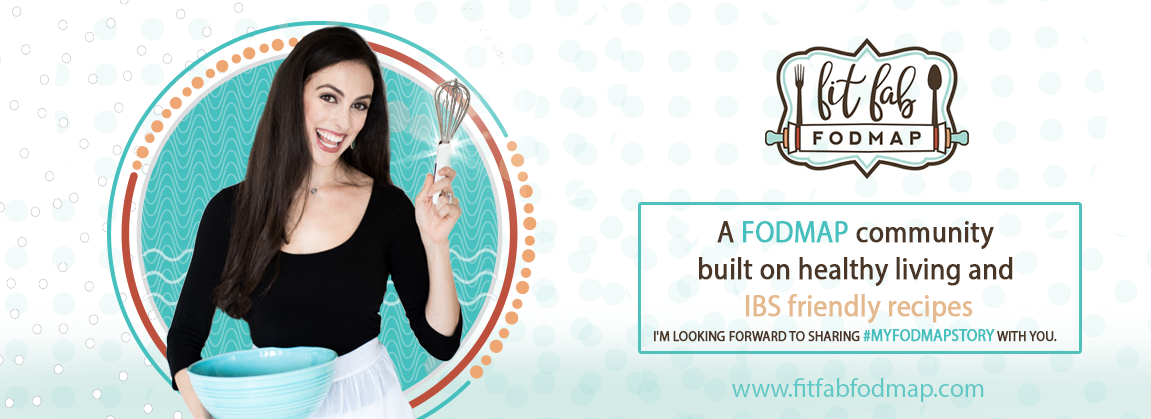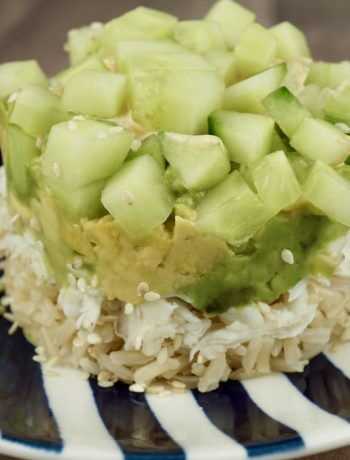One of the tips I’ve been given to combat gas and bloating is to slow down on how fast I eat. This is a struggle for me as I started noticing I was trying to keep up with my husband who eats super fast. My husband jokes (I think he’s actually being serious) that he eats so quickly so his brain doesn’t realize he’s full. This is the exact opposite approach that you should have when it comes to eating. Hence why I struggle to slow down when I dine next to him. How is it that I’m mindful of my day to day life but when it comes to eating, it’s hard to take the time to slow down. I have found meditation and yoga to be helpful with slowing my brain down but have trouble correlating this to meal time.

Not Mindfully Eating 😉
I wanted to do some research on what the actual definition of mindful eating is:
Mindful eating used to sound like a whole lot of rubbish to me but as I have started to (try) slow down on my eating, I have noticed a difference. According to Healthline, “Mindful eating is based on mindfulness, a Buddhist concept. Mindfulness is a form of meditation that helps you recognize and cope with your emotions and physical sensations. It is about using mindfulness to reach a state of full attention to your experiences, cravings and physical cues when eating.”
This definition is fine and dandy but it left me with even more questions. Luckily for me, my good friend Brittany is a registered dietitian and wellness coach practicing at Advice for Eating in Houston, Texas.
Why is mindful eating so important especially for people suffering from IBS symptoms like gas and bloating? What recommendations would you give to help someone (me!) slow down?
Mindful eating is such an important tool for everyone to use. Especially when there are so many fad diets that come and go – it is important to take a step back and look at what foods actually make you feel good and what might not be serving your body. Everyone is unique and it is most important to listen to how you feel – not what your friend or neighbor is telling you-you should or shouldn’t do. It also is important to keep in mind that eating too much or too fast can cause discomfort, gas and bloating – so it is not only about what you are eating but also how you are eating. So many people develop an all or nothing mentality but in reality, you may be able to tolerate smaller doses of certain foods – you just don’t want to overdo them. I know this can be easier said than done. A few things I recommend to ensure you are not eating too much or too fast:
-Don’t wait until you are starving to eat – if you go into a meal too hungry you are more likely to overeat and to eat faster. This may mean eating a balanced snack between your meals. A lot of people are afraid of snacking – and yes, it can mean overconsuming if you are just mindlessly snacking – but if you have a planned balanced snack then it can actually help you be a more mindful eater.
– Try to make each meal an experience. Even if you are just throwing something together put it on a pretty plate and use a knife and fork. Set down your silverware between bites. Enjoy your company. This makes the process take a little longer and will let you enjoy your food and the experience while becoming a little bit more mindful.
I hear the same complaint from people when it comes to taking time to sit down and eat: “I only have 5 minutes to scarf down food before running to a meeting or out the door.” What would you say to someone who only has a few minutes and why it’s worth making a change?
We all have busy schedules – and I understand sometimes having to eat in a rush. I would rather you occasionally eat something quickly than skip a meal. That being said, if you are scarfing down every meal you are eating then it may be worth revisiting your schedule. Are there other ways you can multitask during the day to give yourself an extra 5 -10 minutes to focus on food? How many minutes do you spend on social media a day? It really is about prioritizing things. If you need to – block it off in your calendar, or set your alarm 5 minutes earlier. It doesn’t have to be a huge production, but giving yourself enough time to chew and swallow your food without rushing will send signals to your brain that you are more satisfied and will prevent overeating. This is especially important if you are someone with stomach issues — when we chew our food we are helping break it down both physically and chemically, so if you are just scarfing down your food you are skipping that step and you are setting yourself up to feel bad later.
Are there certain exercises that can help with digestion?
While too aggressive of physical activity after eating can, of course, cause discomfort and take away from the digestive process some gentle movement can help aid the digestive process. One of the simplest things you can do is deep breathing. This is especially true for those who suffer from reflux as deep breathing can help strengthen the diaphragm. Any exercises that work on your posture can also help prevent reflux and heartburn so these are good to incorporate as well – try sometime like yoga or pilates which work on core/back strength and incorporate deep breathing – a win-win. I would rather people choose something that they enjoy than force themselves to do an exercise they don’t like though – this will ensure they do it more often and it will be lasting, and in general any physical activity can be helpful for overall digestive health – choose an activity you enjoy and try to incorporate it into your daily routine.
What do you find to be a useful tip for someone just starting out on the FODMAP diet?
Make sure you have a few foods, recipes or snacks that you know are FODMAP friendly so that you have something you can reach for when you get overwhelmed. Initially the FODMAP diet can feel very restrictive, so the key to sticking to it is making sure you don’t get to a place where you have nothing to eat and feel like you just want to throw your hands up in the air – it is a lot easier to stay on the program if you go into it with a few crutch foods/recipes.
What is one of your favorite nutrition myths that you hear from your clients?
There are so many – I hear carbohydrates are horrible, or fat will make you fat, or we don’t really need protein/or we need an incredibly high amount of protein etc. etc. I think it is important to understand that we need each food group (protein, carbohydrates, and fat) to function properly and it is all about finding the right balance of these food groups and choosing the best possible sourcing of them. If something feels very extreme it probably is.
What is your favorite piece of advice to give someone who is trying to make a change to their diet and health?
I always like to try to encourage clients to add more good things rather than just take away the “bad”. If you are trying to add in more vegetables a day then you will have less room for the less healthy foods – make it about wanting to provide your body with good foods that are going to give you energy, vitamins, and minerals. Not just about taking things away and telling yourself you are doing something wrong.
Final question, if you could invite 3 dinner guests, dead or alive who would they be?
This is a hard one!
I think I would invite:
Yotam Ottolenghi – he makes incredible food and has such creativity with vegetables – hopefully, he would help me cook 🙂
Louis Zamperini – If you have not read his book ‘Unbroken’ it is incredible (read it overseeing the movie) – if even an ounce of his perseverance could rub off on me I would be happy.
Aziz Ansari -to make me laugh, I really do believe laughter is the greatest medicine.
Want more information on Brittany? You can reach her at brittanylink@adviceforeating.com




